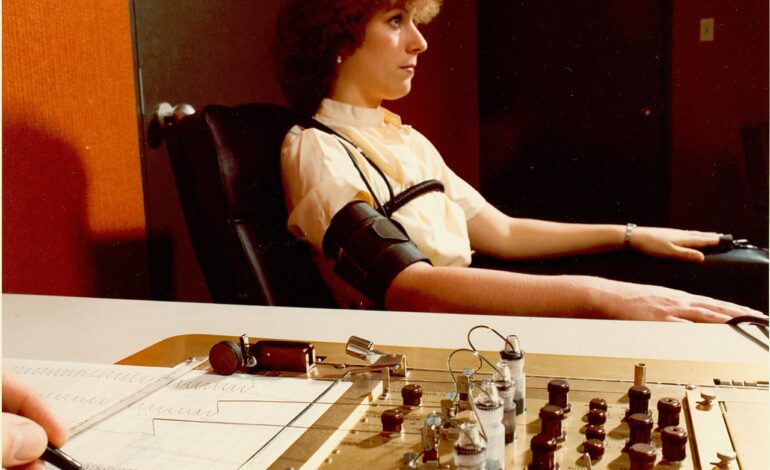Critical thinking in nursing is the process of analyzing, evaluating, and making informed decisions in patient care. It involves using logic, intuition, and reasoning to identify the best course of action for a patient.
Nurses absolutely must have this ability in order to deliver safe, high-quality care to their patients and avoid costly mistakes. Assessment, analysis, evaluation, and reflection are all essential components of critical thinking in nursing.
In order to think critically as a nurse, you need to have a firm grasp on patient requirements, an extensive awareness of nursing principles and practices, and the capacity to identify and handle difficult scenarios.
Importance of critical thinking in nursing
Critical thinking is important in nursing for several reasons:
- Critical thinking helps nurses provide higher-quality care by enhancing their decision-making, assessing, and treatment abilities, and ultimately benefiting their patients.
- Error prevention is enhanced because nurses with higher critical thinking skills are better able to anticipate and prevent medical mistakes. By doing so, we can lessen the likelihood of harm coming to our patients.
- Nurses who engage in critical thinking have a leg up when it comes to analyzing circumstances, spotting trouble spots, and devising workable solutions.
- Care that is more oriented on the patient and their needs is made possible by nurses who are able to think critically and respond to their patients’ particular views and requirements.
- Increased credibility and contentment on the job are only two of the many benefits nurses who consistently engage in critical thinking get.
In conclusion, the ability to think critically is an absolute must for nurses, as it improves patient outcomes, lessens the likelihood of mistakes, boosts problem-solving abilities, facilitates care that is oriented on the individual, and fosters career advancement.
Examples of practical applications in critical thinking in nursing
Here are some examples of practical applications of critical thinking in nursing:
- Assessment: Nurses use critical thinking to collect and analyze patient data, including medical history, physical examination results, and lab results. This helps them identify any potential health issues and determine the best course of treatment.
- Diagnosis: Nurses apply critical thinking to diagnose health conditions by evaluating symptoms, determining potential causes, and ruling out alternative diagnoses.
- Treatment planning: By using critical thinking, nurses can weigh the benefits and risks of different treatment options, choose the most appropriate course of action, and adjust the plan as needed based on the patient’s response.
- Clinical decision-making: In complex or emergency situations, critical thinking enables nurses to make informed decisions quickly, such as whether to administer medications or call for backup.
- Evaluation: Nurses use critical thinking to assess the effectiveness of a patient’s treatment plan and make changes as needed based on the patient’s response and progress.
- Reflective practice: Nurses reflect on their actions and decisions to improve their critical thinking skills and make better decisions in the future.
These are just a few scenarios where using one’s critical thinking skills can result in better patient care.



